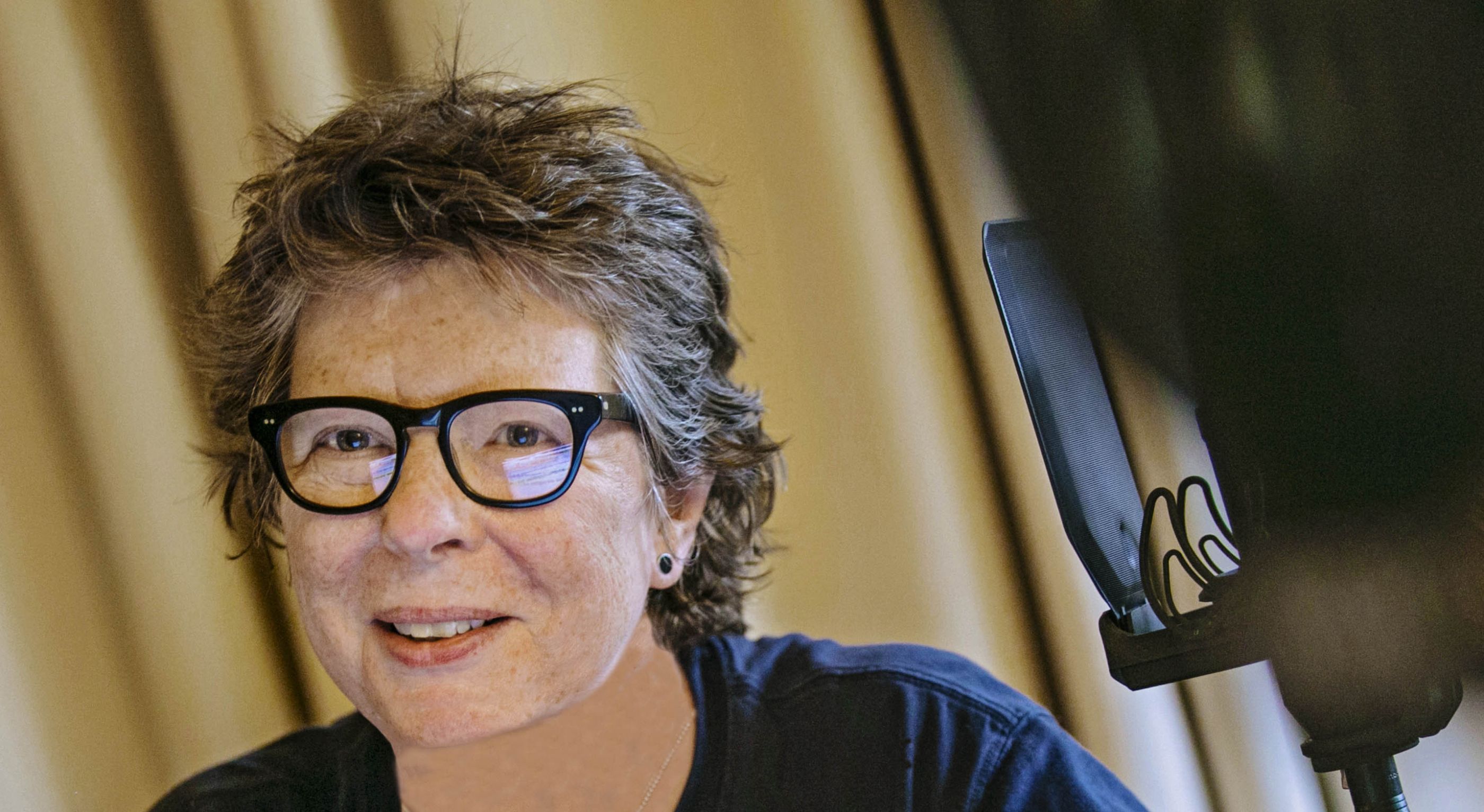Earlier this year, I volunteered—along with more than 50 others—to teach in the new First-Year Experience program. As detailed in our article on page 20, the program aims to help our first-year students acclimate to college life. The students arriving on campus this fall are quite different from those who entered Rhodes just 10 years ago, when I began working here. Our cover story on page 14 looks at generational differences since 1925, the date of Rhodes’ opening semester in Memphis. That span of 91 classes has seen a lot of change in what our students need from their college experience.
 Members of the Class of 2020 arrived here already highly accomplished in so many ways. For this issue, I talked with several first-year students, including Lydia Slyter ’20 of Louisville, KY. She was about to scurry over to the Bryan Campus Life Center for her job in the laundry room. The next day, she and the rest of the field hockey team were leaving on a 12-hour bus ride to a game in Virginia. She would be playing while most of her fellow students enjoyed fall recess. It was clear that her life here at Rhodes is a busy one. But even before she came to Rhodes, Lydia juggled a full plate. In fact, she helped raise more than $50,000 for the University of Kentucky Pediatric Oncology Center.
Members of the Class of 2020 arrived here already highly accomplished in so many ways. For this issue, I talked with several first-year students, including Lydia Slyter ’20 of Louisville, KY. She was about to scurry over to the Bryan Campus Life Center for her job in the laundry room. The next day, she and the rest of the field hockey team were leaving on a 12-hour bus ride to a game in Virginia. She would be playing while most of her fellow students enjoyed fall recess. It was clear that her life here at Rhodes is a busy one. But even before she came to Rhodes, Lydia juggled a full plate. In fact, she helped raise more than $50,000 for the University of Kentucky Pediatric Oncology Center.
Then there is Issy Tschurr of Dallas, whose first film, about a couple with Down syndrome, won awards and received the only standing ovation at the Independent Schools Association of the Southwest Arts Festival. Or fellow Texan Kendall Whitt, a competitive equestrian, who ranked first in World Championship Hunter Rider National Points and won a $25,000 National Derby.
At the other end of the college spectrum is Brittney Threatt ’17, who leaves Rhodes this year with quite a legacy behind her. Brittney dropped by to talk with me about her play We Wear the Masks (see page 8). We had such a thoughtful, intense chat (she did most of the talking!) about how to move beyond conversations about race to proactive ways of dealing with racism. The way that she draws on her immense creativity to think about and talk about racism left me saying to myself, “This is the student I think of when I think of Rhodes—an inventive, broad thinker who operates at a level beyond my expectation, who pushes the edges and challenges convention.”
I hope the Class of 2020 leaves here with the same critical thinking skills Brittney demonstrates. They seem to be off to a good start.